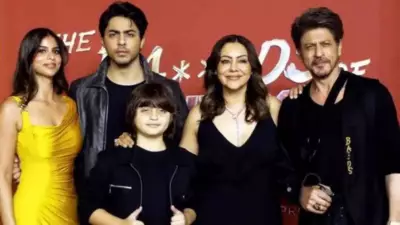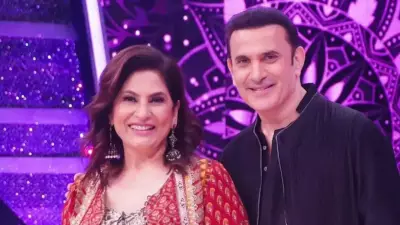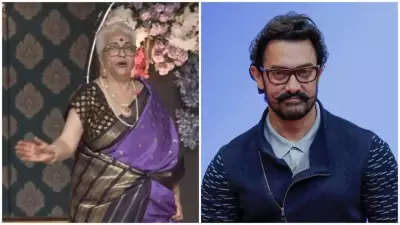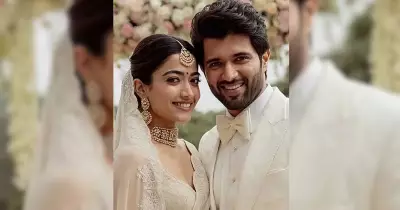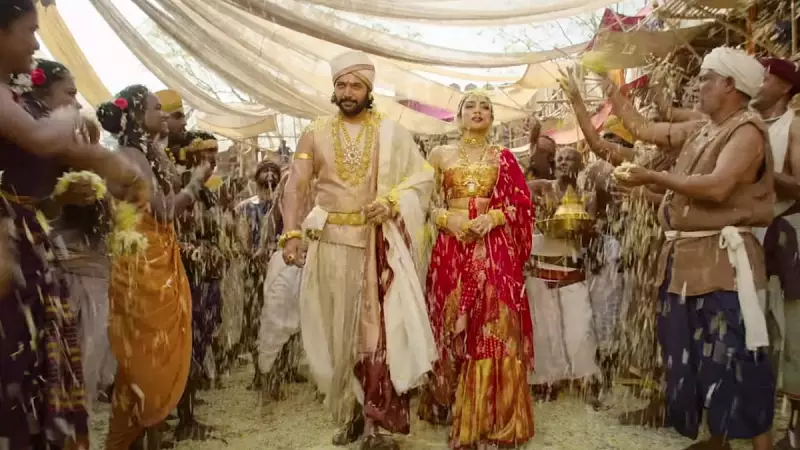
In a significant ruling for India's creative community, a court has delivered a crucial verdict on copyright protection in classical music, emphasizing that the tradition of oral transmission presents unique legal challenges. The judgment clarifies that a musical performance, by itself, is insufficient to establish copyright ownership, placing the burden of proof squarely on the claimant to demonstrate original authorship.
The Core of the Copyright Dispute
The legal case centred on a fundamental question in intellectual property law: how does one prove ownership of a creative work that is primarily passed down and performed, rather than rigidly notated? The court was faced with a plaintiff who claimed copyright over certain musical compositions but relied heavily on the act of performance as evidence.
The judiciary delivered a clear and unambiguous finding. It stated that in the realm of classical music, where oral tradition prevails, performance alone cannot establish copyright. The court explicitly clarified that the burden of proof rests entirely on the plaintiff. In this specific instance, the claimant failed to produce concrete evidence of authorship, leading to the dismissal of their case.
Implications for Musicians and the Creative Industry
This ruling, dated 16 November 2025, and reported by Chaitra H G, has profound implications. It serves as a stark reminder to artists, composers, and performers across India about the importance of documentation. While a performance can showcase artistry, it does not legally suffice as proof of who originally created the underlying composition.
For genres deeply rooted in oral traditions, like Indian classical music, this presents a complex challenge. The judgment underscores the necessity for creators to maintain tangible records of their work, such as written notations, dated recordings, or other forms of registrable evidence, to protect their intellectual property rights effectively in a court of law.
The decision reinforces the legal principle that the one who asserts a right must prove it. It brings clarity to a often-murky area of law, ensuring that copyright claims are backed by substantive proof rather than interpretive performance, thereby safeguarding the integrity of creative ownership in India's vibrant musical landscape.


